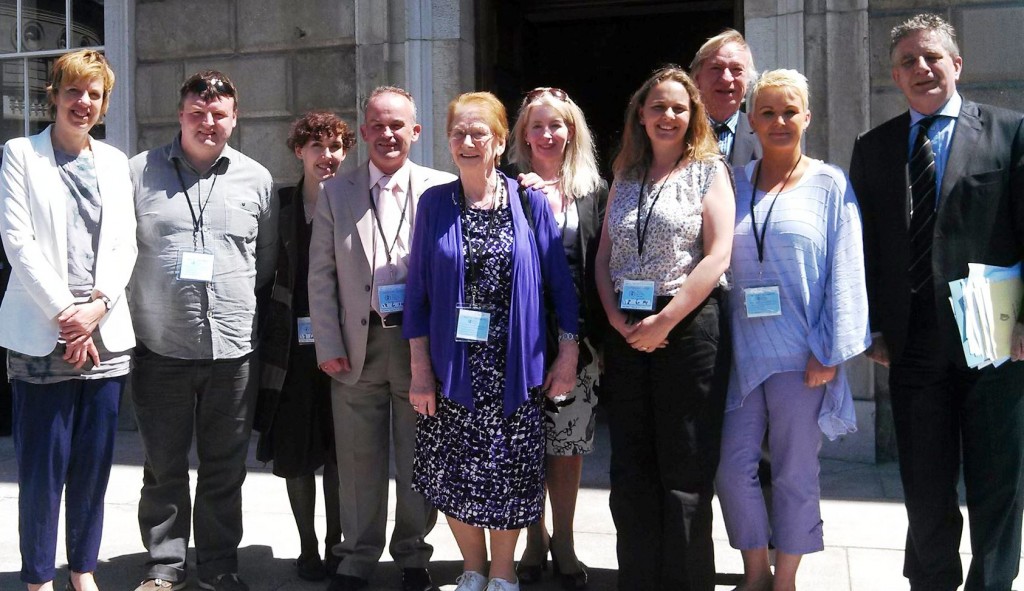Kayle Crosson | Staff Writer
Labour Senator and Trinity Law Professor Ivana Bacik has outlined the failings within Ireland’s constitutional framework with regards to abortion in light of the recent “Ms Y” controversy, where a suicidal rape victim was denied an abortion.
Speaking to The University Times, Professor Bacik expressed her concerns about the implications of the eighth amendment of the Irish Constitution when the Protection of Life during Pregnancy Act is applied.
“The constitutional framework was the fault in the case. Once the Protection of Life during Pregnancy Act 2013 was applied, unfortunately used late in the pregnancy, it did follow procedures,” she said.
“The foetus, however, at that point was viable,” she added.
Professor Bacik, who is Reid Professor of Criminal Law, Criminology and Penology, believes the eighth amendment is the most problematic element in the case of “Ms Y”, highlighting that the Protection of Life During Pregnancy Act of 2013 had been enacted – yet still the woman was unable to receive an abortion.
It has been reported that the HSE’s director general has ordered the report to establish all the facts surrounding the care the woman was given.
The issue is expected to continue to cause ructions in Irish politics, and the details of the case are expected to be discussed and debated when the Dail reconvenes next month.
Bacik was among numerous signatories in a ‘Letter to the Editor’ published in the Irish Times over the weekend calling for a referendum to repeal the eighth amendment.
The letter is signed by 102 academics under the age of 50, the point being that none of them would have had the opportunity to vote in a referendum held 31 years ago in 1981.
Only four Trinity academics are listed, the other three being Dr Paula Mayock, Dr Sinead Pembroke and Conor O’Donoghue.
The signatories of this letter believe that as long as this amendment remains in the constitution, women will not receive ethical health care treatment in Ireland and an opportunity should then be presented to enact a law that, “places women’s capacity to make decisions regarding their bodies and their futures at the heart of their medical treatment”.
This proposition also follows the United Nation’s Humans Right Commission’s criticism of Ireland’s limited abortion laws last month, which called for a decriminalization of abortion and an introduction of reform of abortion policies regarding rape and fatal foetal abnormalities.
Professor Bacik, who is the leader of the Labour group in the Seanad as well as Deputy Leader of Seanad Eireann, concurs.

The 46-year-old served as TCDSU President between 1989 and 1990. During this period she was taken to court by the Society for the Protection of the Unborn Child and was threatened to be jailed along with other student officers for distributing information on abortion. She has been a Trinity Senator since 2007, and was made a Fellow of the College in 2005.
Within Trinity today, Bacik is the Law Director of the Law and Political Science degree and teaches courses in Criminal Law; Criminology and Penology; and Feminist Theory and Law.
This case has been cited as a catalyst for a legal change in favour of women’s rights in Ireland.
Fiona Gribben and Edmund Heaphy also contributed reporting to this piece.







